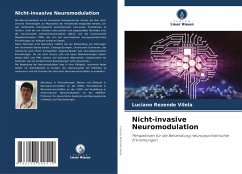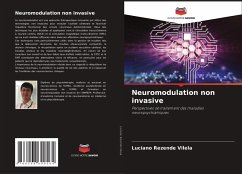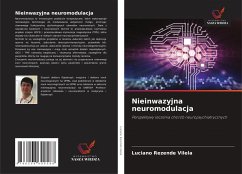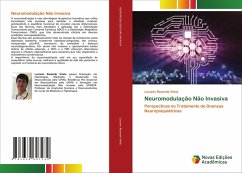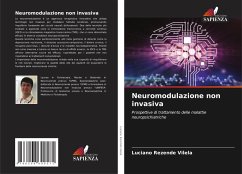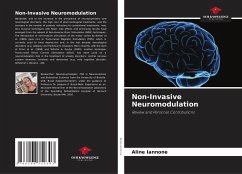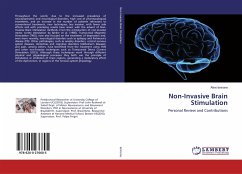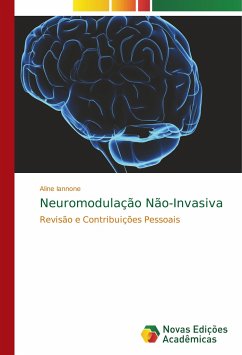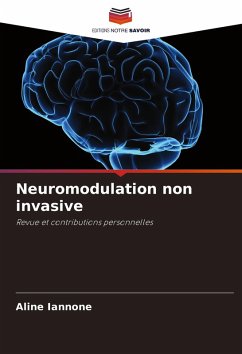
Non-invasive Neuromodulation
Perspectives in the Treatment of Neuropsychiatric Diseases
Versandkostenfrei!
Versandfertig in 6-10 Tagen
53,99 €
inkl. MwSt.

PAYBACK Punkte
27 °P sammeln!
Neuromodulation is an innovative therapeutic approach that uses non-invasive technologies to modulate brain activity, promoting the functional balance of dysfunctional neural circuits. Two of the most studied and applied techniques are Transcranial Direct Current Stimulation (tDCS) and Transcranial Magnetic Stimulation (TMS), which have been shown to be effective in various neuropsychiatric conditions.These techniques are particularly useful in the management of disorders such as resistant depression, obsessive-compulsive disorder, chronic pain, post-stroke recovery, anxiety disorders and neur...
Neuromodulation is an innovative therapeutic approach that uses non-invasive technologies to modulate brain activity, promoting the functional balance of dysfunctional neural circuits. Two of the most studied and applied techniques are Transcranial Direct Current Stimulation (tDCS) and Transcranial Magnetic Stimulation (TMS), which have been shown to be effective in various neuropsychiatric conditions.These techniques are particularly useful in the management of disorders such as resistant depression, obsessive-compulsive disorder, chronic pain, post-stroke recovery, anxiety disorders and neurodegenerative diseases. Because they are non-invasive and have low rates of adverse effects, tDCS and TMS offer safe and effective alternatives, especially for patients who do not respond to conventional treatments.The importance of neuromodulation lies in its ability to rebalance neural networks, improve patients' quality of life and expand the frontiers of clinical neuroscience.



